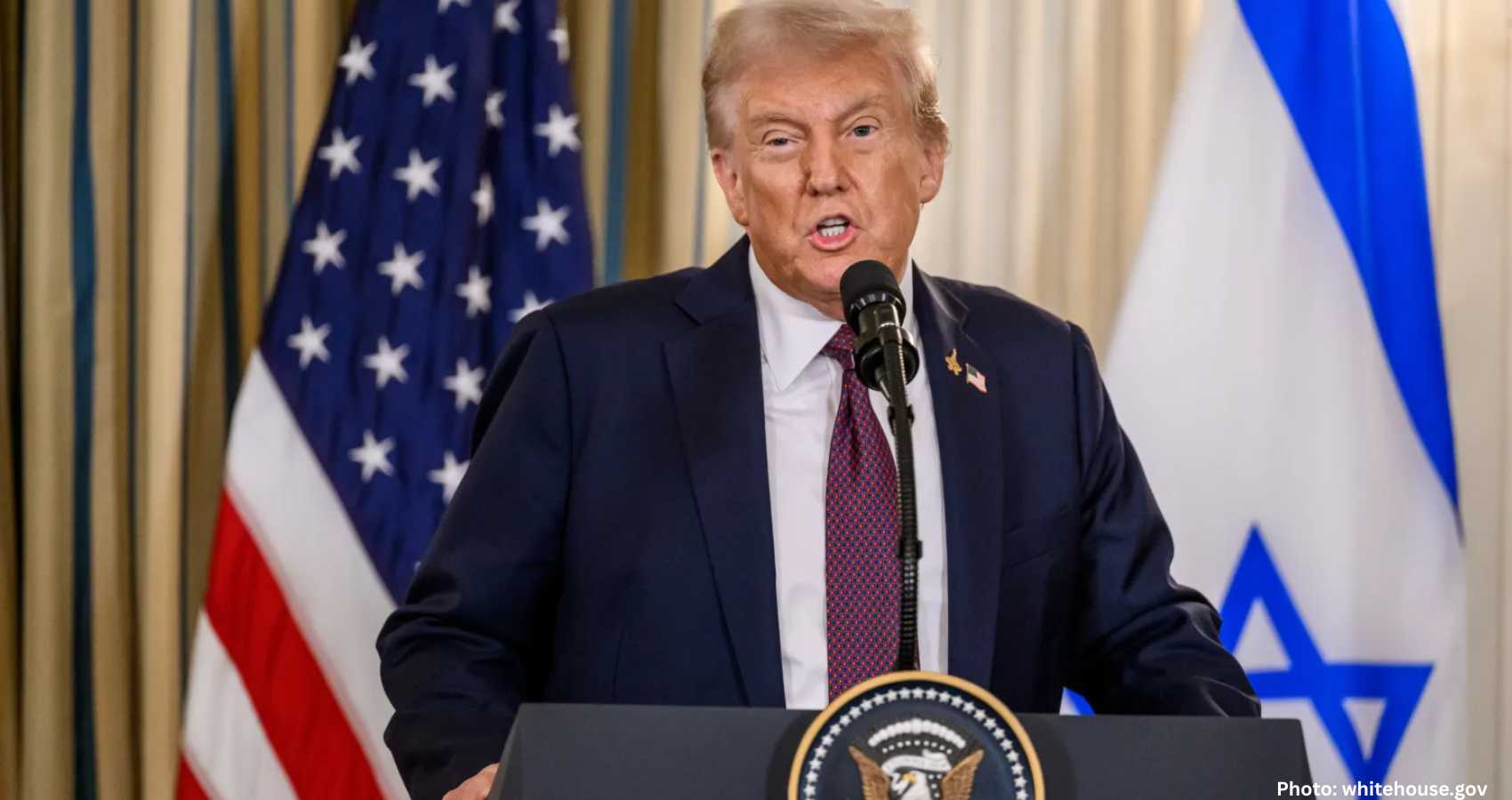Gaza faces a critical juncture as Hamas executes rivals to reassert control following President Trump’s declaration that “the war is over,” raising questions about the region’s future stability.
Gaza is at a pivotal moment as the deployment of a disarmament and stabilization force will be crucial in determining whether the region can begin rebuilding or if chaos will return.
Following President Donald Trump’s declaration in Israel’s Knesset that “the war is over” and the celebration of the return of remaining hostages, reports emerged of Hamas executing its opponents in Gaza City’s main square. Videos circulating on social media appear to show these executions, which an Israeli military official described as “Hamas’s deliberate attempt to show the killings publicly and reestablish its rule by terrorizing civilians.”
In conversations with Fox News Digital, residents of Gaza reported that Hamas fighters have reappeared on the streets, reasserting their control. However, some citizens expressed hope that this could be an opportunity for change and a chance to rid themselves of the terror regime.
Mukhaimar Abu Saada, a political analyst from Gaza, emphasized that disarming Hamas will not be a straightforward process. He noted that clashes between Hamas and local militias have already erupted. “This won’t happen quickly,” he stated. “We’re talking about an ideological organization. Even last night, people were killed in clashes between Hamas and local militias. It’s not a rosy road.”
Abu Saada revealed that Hamas has issued an ultimatum to collaborators with Israel, demanding they surrender and seek amnesty by October 19, provided they were not involved in killings. “They’re still strong,” he admitted. “Part of the reason they didn’t fight harder in the last days is that they saved some men and weapons for the day after. I still see Hamas police in the streets of Gaza. Trump said they lost thousands, but they’re still there, able to control the streets once Israel redeploys.”
One anonymous resident of Gaza expressed skepticism about the official declarations of peace. “You cannot say the war is finished,” he said. “We have to wait a few weeks to see what happens. There are gangs in Gaza now; Hamas is trying to fight them. If they don’t unify, another war could start.” He characterized Hamas as weakened and divided, stating, “Hamas is not strong like before. Those who remain are mostly police — not the real Hamas people who believe in their extremist jihadist ideology.” He emphasized the need for clarity regarding the future and the group’s survival, which he believes hinges on whether Hamas accepts the proposed deal.
Another resident echoed this uncertainty, saying, “No one knows what is happening — who will rule, what will happen with Hamas, and if the war is truly over. We hope for a better future. I just want me and my family to live without targeting, without bloodshed.” He noted that ordinary Gazans are exhausted but yearning for calm. “People just want the blood to stop. They want to stop losing their relatives and friends. It’s in their hands now — if they will allow Hamas to continue or finally rise up. But nothing is clear.”
Abu Saada asserted that there is “no question” Hamas will have to disarm eventually, describing it as an inevitable part of the plan announced by President Trump and endorsed by Israeli leadership. “The real question is who will hold those weapons — the Palestinian Authority or the so-called ‘security stabilization force’ that’s supposed to deploy next. It’s definitely going to happen, but we have to wait for the second phase of the negotiations.”
He added that even Qatari mediators have confirmed that disarmament “has not yet been discussed but will be discussed in the coming days.” For now, Gazans are focused on survival after enduring “two years of misery, destruction, and bloodshed.” Ultimately, he believes Hamas will have to comply, stating, “No Arab country will give a single dollar if Hamas doesn’t disarm. Rebuilding Gaza depends on Hamas no longer being in control. The war is over, but the real test is only beginning.”
While voices inside Gaza reflect uncertainty, experts in Washington assert that Hamas’s political and military isolation has never been greater. Jacob Olidort, director of the Center for American Security at the America First Policy Institute, told Fox News Digital that Hamas is “in the most militarily and diplomatically isolated place it has ever been.”
“Even before and after the release of hostages, Hamas has been defiant in tone,” Olidort noted. “But all of that will be overshadowed by the vast expansion of peace agreements between Israel and its neighbors. All of Israel’s regional partners are eager to normalize and build on where they left off prior to October 7.”
Olidort indicated that the upcoming Sharm el-Sheikh summit will mark the beginning of phase two of Trump’s plan. “Whatever is happening now on the ground doesn’t reflect Gaza’s future,” he said. “None of the steps in the peace plan have been implemented yet. What comes next will be defined by that summit and by the regional consensus that Hamas cannot continue to control Gaza.”
For Israel, he added, “the focus will be restarting, in a more public way, its regional and global partnerships — defense, commercial, and diplomatic. That’s where Israel’s future lies.” While the guns have fallen silent, the next stage — Hamas’ disarmament and the arrival of a stabilization force — will determine whether Gaza can finally begin rebuilding or slip back into chaos. As Abu Saada succinctly put it, “The war is over, but the question is whether peace will really begin.”
Source: Original article

